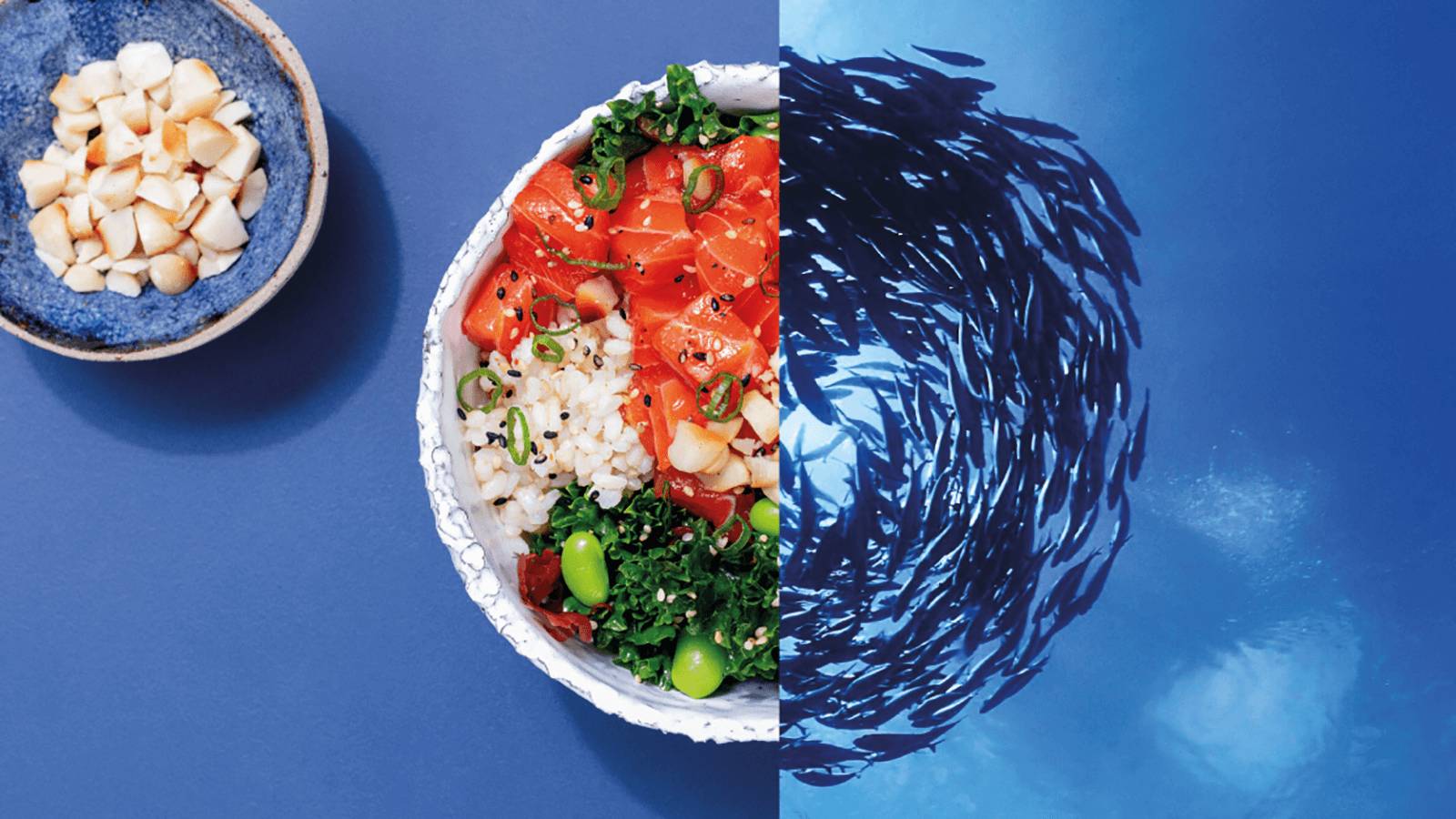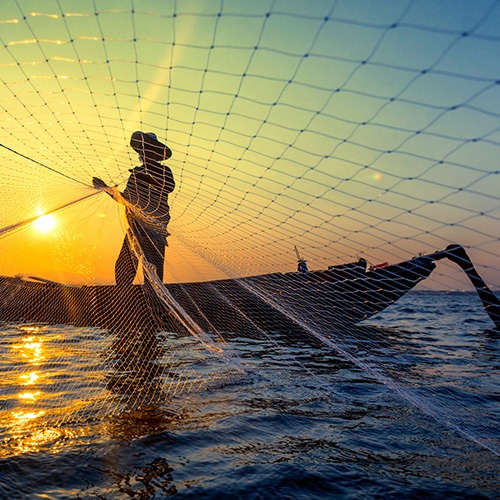Today is World Oceans Day and a powerful reminder that our ocean is facing its own crisis. Climate change, pollution and overfishing are putting a major strain on our oceans, our life support system. Covering 70% of the planet, every second breath we take comes from the ocean. But there is hope. A recent study on rebuilding marine life, states that substantial recovery of the abundance, structure and function of marine life could be achieved by 2050, if major pressures are mitigated.
Over three billion people rely on seafood as their main source of protein, with fishery exports from developing countries valued at over US$80 billion, more than all other food commodities combined. Many communities around the world depend on fishing as their primary source of food and income. Unfortunately, a third of fish populations are overfished, with only 7% underfished. A worrying predicament as there is set to be 9.7 billion human mouths to feed by 2050.
But how do we protect the ocean as well as the jobs that depend on it while meeting a growing demand for seafood?
World Oceans Day is a day officially recognised by the United Nations to drive collaboration to safeguard our oceans. At the Marine Stewardship Council, we believe that sustainable fishing can leave enough fish in the ocean while respecting habitats and ensuring people who depend on fishing can maintain their livelihoods.
The Marine Stewardship Council sets a global and voluntary standard for sustainable fishing based on marine science. In just over twenty years, over 15 per cent of the world’s fish caught in the ocean is certified to this standard. While 15% may sound small, when you consider just 1.4% of the world’s farmland is estimated to be organic, and the vastness of the world’s oceans – it’s an impressive effort. Unfortunately, it’s not yet enough to buck the trend. So, what more can we do?
In Australia and New Zealand, we can be proud to be considered world class fishing nations. Over 40 per cent of fish caught in Australian and New Zealand waters are certified to the MSC’s standard for sustainable fishing. The world’s first and oldest MSC certified sustainable fishery also took place here in the year 2000 with the Western Australia rock lobster fishery.
Fish swim around and need time to grow and reproduce and put simply sustainable fishing allows that to happen. Eco-labels like the MSC’s blue fish tick mean that seafood can be traced back to a fishery that has been independently certified to meet global best practice marine science.
So, this World Oceans Day and beyond, let’s protect the ocean, jobs and food security by choosing certified sustainable seafood. After all, who doesn’t want a future full of fish for our kids and grandchildren to enjoy?

Should we stop fishing to save our ocean?


